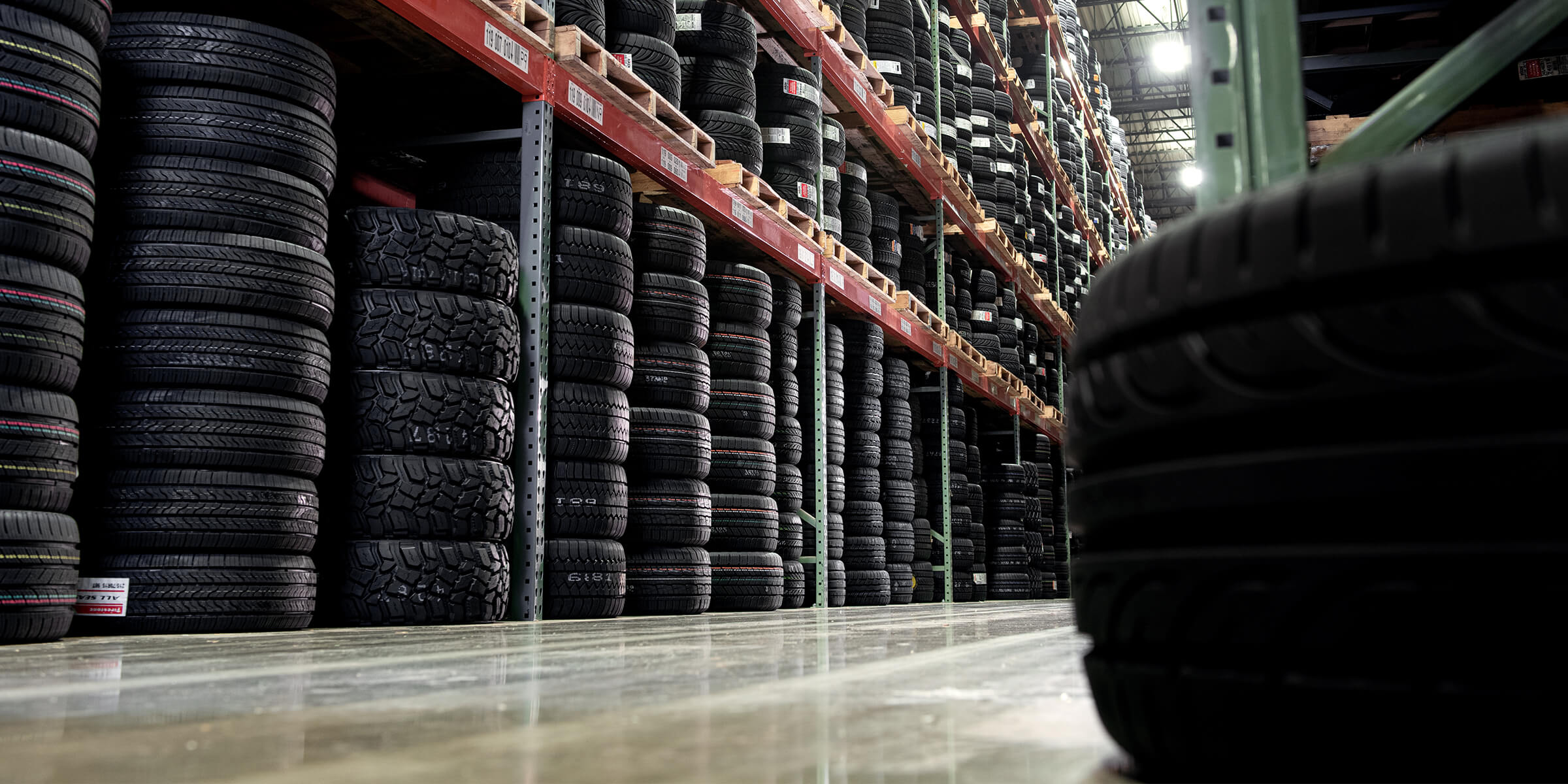Obtain Specialist Tire Services at Tire Shop Morris: Contentment Guaranteed
Tire Solution: Recognizing Tire Pressure Surveillance Solutions
Comprehending Tire Stress Tracking Systems (TPMS) is a vital aspect of keeping optimum lorry performance and safety on the road. With advancements in automotive modern technology, TPMS has actually become a basic feature in modern vehicles, providing real-time details on tire stress degrees.

Importance of TPMS
The significance of Tire Stress Surveillance Solutions (TPMS) hinges on their ability to boost automobile security and efficiency via real-time surveillance of tire stress levels. Maintaining the proper tire stress is important for ensuring optimal handling, stopping, and overall safety of an automobile. TPMS provides motorists with instant responses on any overinflated or underinflated tires, enabling prompt modifications to be made.
Components of TPMS
Sensors are typically situated in the tire valve stem or attached to the wheel setting up, where they gauge tire pressure and send data to the control component. Some advanced TPMS designs also display the real tire pressure readings for each tire, supplying chauffeurs with real-time information to ensure optimum tire performance and safety and security. By checking tire stress continuously, TPMS assists avoid crashes, minimizes tire wear, and improves fuel efficiency, making it a critical component for automobile security and performance. mopar tire service specials.
Kinds Of TPMS

On the other hand, indirect TPMS depends on the lorry's wheel rate sensing units to keep track of tire stress. This system identifies underinflation by comparing the rotational speeds of the wheels. Indirect TPMS is less expensive than direct TPMS, as it utilizes existing sensors within the car.
While direct TPMS uses a lot more precise analyses, indirect TPMS is simpler in design and usually needs less maintenance. Both systems have their restrictions and advantages, and the choice between them frequently relies on factors such as cost, vehicle make, and personal preference. Understanding the distinctions in between these 2 kinds of TPMS can help vehicle owners make notified choices pertaining to tire upkeep and security.
TPMS Maintenance Tips
Effective maintenance of TPMS is vital for making sure ideal efficiency and security of your car. Frequently examining the TPMS sensors for any damages or rust is crucial. Ensure that the sensing units are free and tidy from debris that can disrupt their functioning. In addition, it is a good idea to check the sensing unit batteries periodically and change them as needed to assure precise readings. Conduct regular checks on the tire stress levels and contrast them with the TPMS readings to guarantee they correspond. If there are any inconsistencies, recalibrate the go to my site system following the supplier's guidelines. Throughout tire rotation or replacement, make certain find out here that the TPMS components are dealt with very carefully to avoid any kind of potential damages. If the TPMS alerting light brightens on the dashboard, address the concern promptly by inspecting the tire pressures and the overall system for any mistakes. By adhering to these upkeep pointers, you can extend the life expectancy of your TPMS and improve the security of your driving experience.
Benefits of Appropriate Tire Pressure
Maintaining proper tire pressure, as emphasized in TPMS Maintenance Tips, is essential for enjoying the various benefits related to optimum tire stress degrees. Among the main benefits of maintaining the right tire stress is enhanced fuel effectiveness. When tires are correctly pumped up, there is less moving resistance, bring about far better fuel economy. Additionally, correct tire pressure makes sure also tire wear, expanding the lifespan of the tires and advertising much safer driving problems. With the ideal tire pressure, vehicles additionally have much better handling and traction, specifically in negative weather condition conditions. This can boost overall driving performance and safety and security for the chauffeur and travelers. Additionally, maintaining ideal tire pressure can add to a smoother and more comfy experience by decreasing vibrations and noise triggered by underinflated tires. To conclude, the advantages of appropriate tire stress surpass just tire durability; they incorporate enhanced gas effectiveness, enhanced safety, much better car efficiency, and general driving convenience.
Conclusion
Finally, recognizing tire stress surveillance systems (TPMS) is crucial for keeping optimum tire stress and ensuring vehicle safety. By acknowledging the value this content of TPMS, knowing with its components, knowing the different types available, adhering to proper maintenance suggestions, and realizing the advantages of preserving appropriate tire stress, vehicle drivers can boost their driving experience and prolong the life expectancy of their tires. Appropriate tire pressure is essential to safe and efficient car operation.
